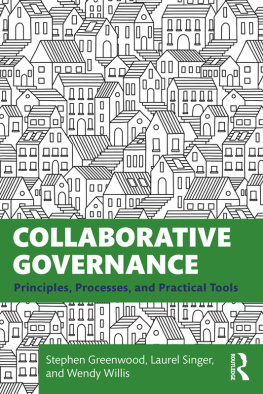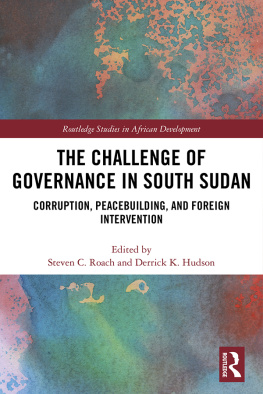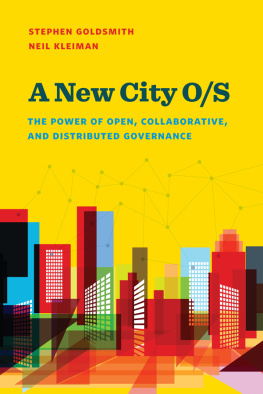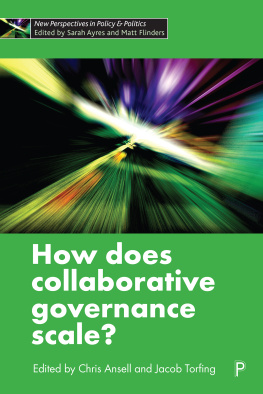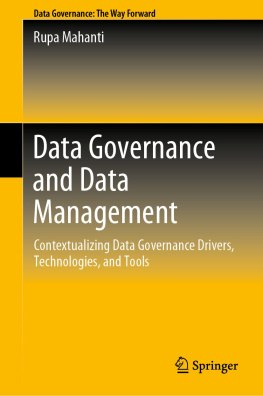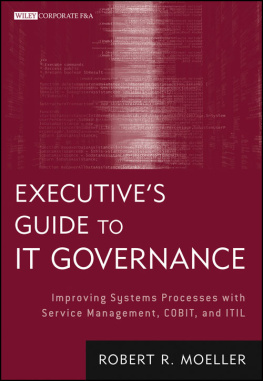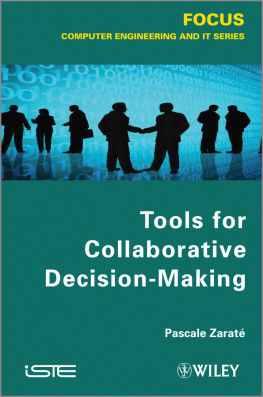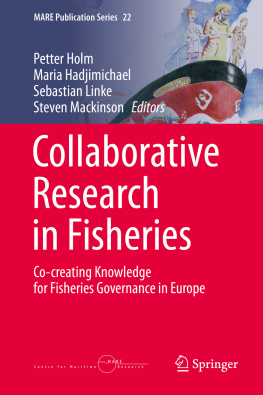Steven Greenwood - Collaborative Governance: Principles, Processes, and Practical Tools
Here you can read online Steven Greenwood - Collaborative Governance: Principles, Processes, and Practical Tools full text of the book (entire story) in english for free. Download pdf and epub, get meaning, cover and reviews about this ebook. year: 2021, publisher: Routledge, genre: Politics. Description of the work, (preface) as well as reviews are available. Best literature library LitArk.com created for fans of good reading and offers a wide selection of genres:
Romance novel
Science fiction
Adventure
Detective
Science
History
Home and family
Prose
Art
Politics
Computer
Non-fiction
Religion
Business
Children
Humor
Choose a favorite category and find really read worthwhile books. Enjoy immersion in the world of imagination, feel the emotions of the characters or learn something new for yourself, make an fascinating discovery.
- Book:Collaborative Governance: Principles, Processes, and Practical Tools
- Author:
- Publisher:Routledge
- Genre:
- Year:2021
- Rating:5 / 5
- Favourites:Add to favourites
- Your mark:
- 100
- 1
- 2
- 3
- 4
- 5
Collaborative Governance: Principles, Processes, and Practical Tools: summary, description and annotation
We offer to read an annotation, description, summary or preface (depends on what the author of the book "Collaborative Governance: Principles, Processes, and Practical Tools" wrote himself). If you haven't found the necessary information about the book — write in the comments, we will try to find it.
Collaborative Governance: Principles, Processes, and Practical Tools — read online for free the complete book (whole text) full work
Below is the text of the book, divided by pages. System saving the place of the last page read, allows you to conveniently read the book "Collaborative Governance: Principles, Processes, and Practical Tools" online for free, without having to search again every time where you left off. Put a bookmark, and you can go to the page where you finished reading at any time.
Font size:
Interval:
Bookmark:
- A connection of the practices of collaborative governance with the field's theoretical underpinnings;
- Tools for students and practitioners of collaborative governanceas well as public administrators and other possible participants in collaborative governance processesto discern when collaborative governance is appropriate in politically complex, real-world settings;
- A roadmap for students, practitioners, and process participants to help them designand effectively participate inproductive, efficient, and fair collaborative governance processes;
- An exploration of constitutional democracy and the ways in which collaborative governance can be used as a tool in building a more just, fair, and functional society.
- SECTION 1
Definitions, Context, and Dynamics- 1Definitions and Descriptions
- 2Collaborative Governance in a Constitutional Context
- 3Typologies
- 4Fundamental Dynamics of Collaboration
- SECTION 2
Framework and Process- 5Assessment
- 6Design and Organization
- 7Deliberation and Decision-Making
- 8Implementation and Adaptation
- SECTION 3
Skills to Improve Collaborative Governance- 9Strengthening Collaborative Governance Groups
- 10Individual Leadership Tools
- Conclusion
- Half Title
- SECTION 1 Definitions, Context, and Dynamics
- 1 Definitions and Descriptions
- 2 Collaborative Governance in a Constitutional Context
- 3 Typologies
- 4 Fundamental Dynamics of Collaboration
- SECTION 2 Framework and Process
- 5 Assessment
- 6 Design and Organization
- 7 Deliberation and Decision-Making
- 8 Implementation and Adaptation
- SECTION 3 Skills to Improve Collaborative Governance
- 9 Strengthening Collaborative Governance Groups
- 10 Individual Leadership Tools
- Conclusion
- i
- ii
Font size:
Interval:
Bookmark:
Similar books «Collaborative Governance: Principles, Processes, and Practical Tools»
Look at similar books to Collaborative Governance: Principles, Processes, and Practical Tools. We have selected literature similar in name and meaning in the hope of providing readers with more options to find new, interesting, not yet read works.
Discussion, reviews of the book Collaborative Governance: Principles, Processes, and Practical Tools and just readers' own opinions. Leave your comments, write what you think about the work, its meaning or the main characters. Specify what exactly you liked and what you didn't like, and why you think so.

